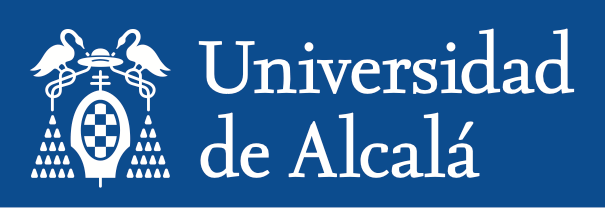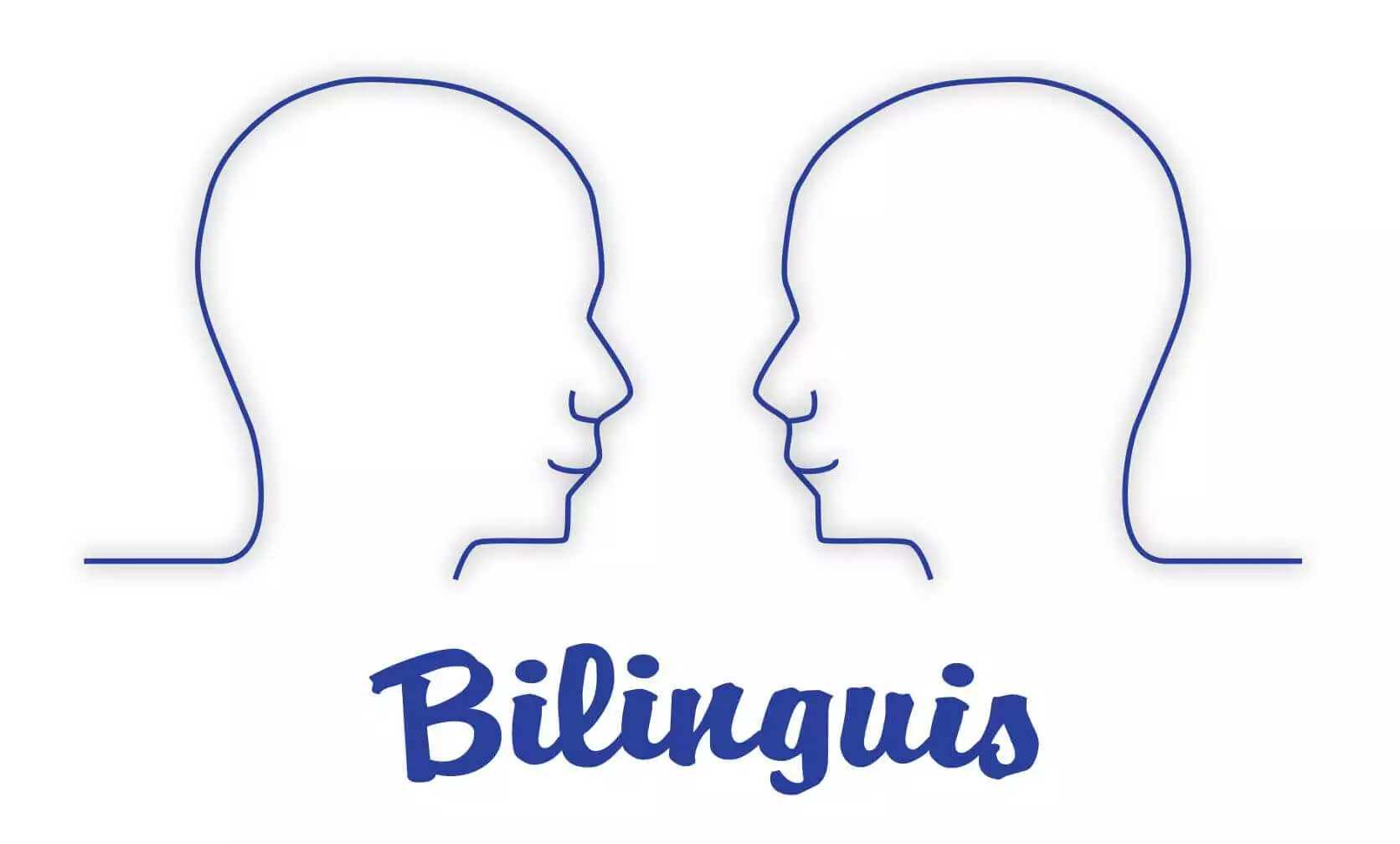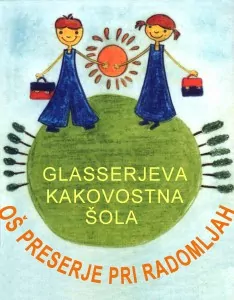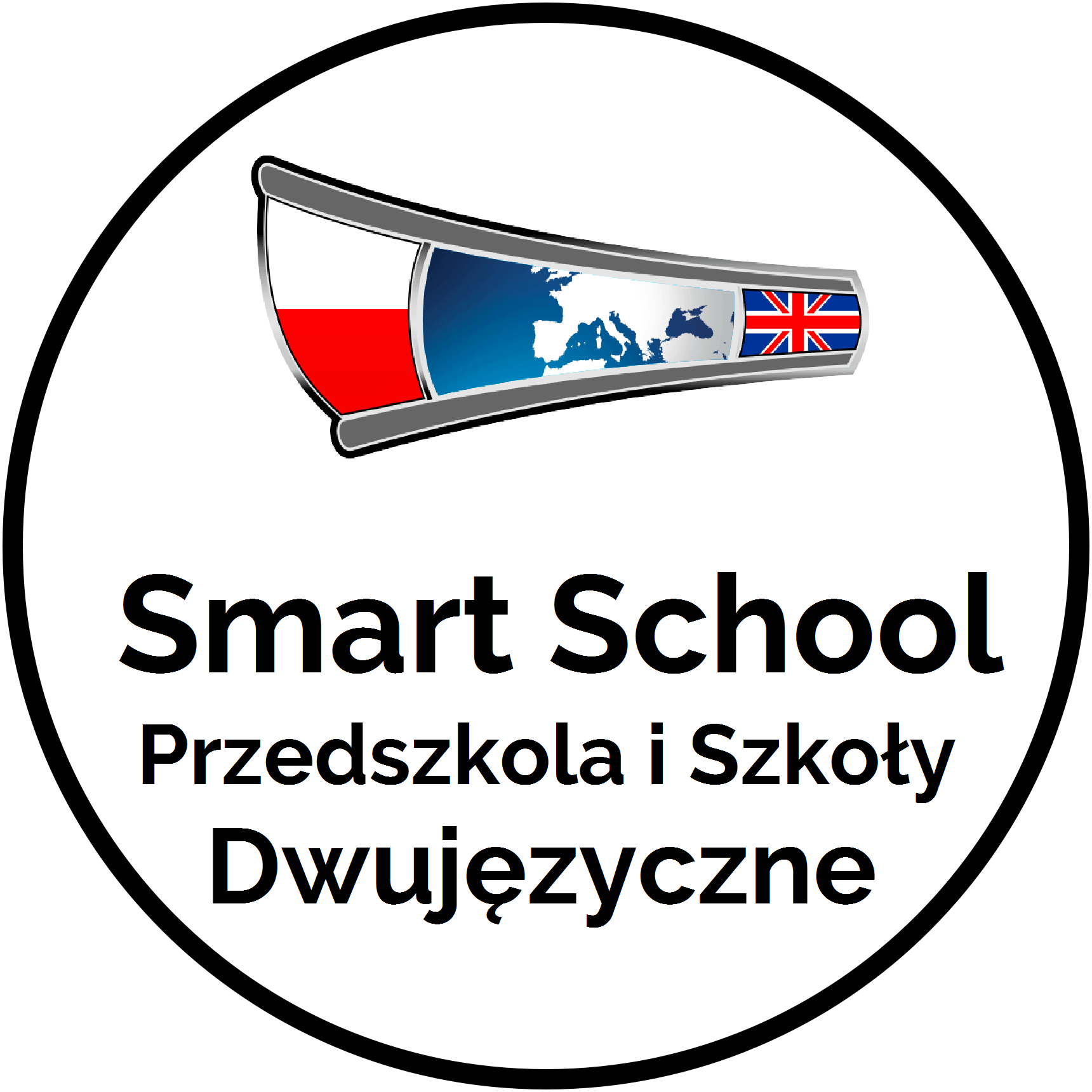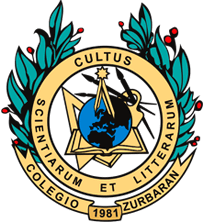OUTCOMES
The ultimate result of the project is expected to be an improvement of the learning of students in English lessons in the context of CLIL and EFL programs at primary education. This approach to teaching and learning English contributes to students’ overall literacy development, one of the priorities of this Erasmus + program, as well as of European policies in general, since literacy development has been identified as crucial in creating a more equal and inclusive society (EU High Level Group of Experts on Literacy, 2012).
The lit4clil project results in positive and long-lasting effects on people directly and indirectly involved in project activities, namely, project partners (participating institutions), teachers (in-service and preservice) and teacher training institutions. Innovative, good practice may be transferred and implemented at European level. The project promotes a cross-sectoral cooperation, intending to produce outputs which are relevant for the field of school education and higher education.
Output 1: Needs analysis questionnaire
It aims to understand what kind of teaching approach is predominant in EFL in CLIL settings in primary education years 3 to 5. It also aims to establish where primary teachers in the three countries involved are in terms of their understanding of the concept of “literacy teaching” and what experience and prior training they have in teaching English through working on literacy development. This kind of survey has not been done before, and it serves to make sure that the course in literacy-based language teaching starts from teachers’ current level of conceptualization and understanding. The expected impact is to create more focussed professional development courses and to improve the future training of teachers based on the results of the needs analysis. The questionnaires within the analysis can be transferable to other contexts,enabling researchers to conduct similar analysis.
Output 2: Report on dominant EFL teaching approach in CLIL, conceptualization of literacy and prior training
Using the data obtained from the needs analysis questionnaire, it describes the approaches used in EFL in CLIL contexts in primary schools in the three countries studied, as well as the teachers’ conceptualization of “literacy teaching” and their prior training in this field. These data allowed the researchers to identify the needs of teachers, and identify ways in which the planned online course can meet these needs. The report increases awareness of the variety of contexts when developing FL literacy skills. It allows researchers in other countries to transfer the data gathered in the report and apply it in their own contexts or continue with similar research.
Output 3: Planning grid for literacy-based teaching units
Based on partners’ teaching experience and the contextual demands, a teacher-friendly planning grid for literacy-based language teaching units has been designed to guide participants’ work during the workshop that is part of the blended course in literacy-based foreign language teaching. At the same time, the design of this planning grid allows partners to identify what teachers will need to know, what skills and awareness they have to develop to be able to successfully plan literacy-based units of work. This understanding will then feed into the design of the units of work in the blended course (O4). The grid is innovative because it gives teachers the basis for planning literacy lessons focussed on the needs of young language learners and it imposes inclusion of essential elements of a literacy lesson. Other teachers and teacher trainers can utilize the grid to plan the lessons, and they can also apply it in different contexts. The impact of the planning grid is that it makes the planning of literacy lessons easier for teachers, helping them to include all the necessary elements, consequently making literacy lessons more effective.
Output 4: Pilot online course on literacy-based foreign language teaching
This output belongs to the pilot phase of the project and it includes a new online course on literacy-based language teaching for primary schools with a CLIL program. The course has been delivered to 30 primary school teachers (10 from each country) through a blended methodology combining on-line learning with a face-to-face workshop for developing literacy-based teaching units. This has been the pilot version of the course, which, once evaluated by participants, may be turned into a MOOC. The pilot online course is innovative in the way that it offers new materials and programme for literacy teacher training for EFL and CLIL teachers. The online programme, the face-to-face workshops and the activities for the course as well as the materials used in the course can be transferred to other contexts. The impact of the course is that it strengthens the teachers’ and teacher trainers’ awareness about appropriate approaches for teacher training in the area of literacy.
Output 5: Literacy-based teaching units
During the transnational meeting that concludes the online course in literacy-based language teaching, participants will design units of work in transnational teams of three teachers, adapted to the level, needs and teaching aims of their groups of students. After the meeting, the teachers will continue to work on the literacy-based teaching units in the transnational teams via Skype and emails. These teaching units will be implemented by teachers in their schools during the academic year 2019-2020. Systematic literacy-based teaching units for FL CLIL context have not been created yet and they help the teachers to develop pupils’ literacy skills in a systematic way. The units can be transferred to other teaching and teacher training contexts across Europe and abroad.
Output 6: Evaluation tool for pilot on-line course on literacy-based language teaching
It is designed by all university partners in cooperation, addressing the types of data necessary for the MOOC. The information gathered through it is of paramount importance to assure the quality and relevance of the teaching materials created before they are turned into a MOOC for a much wider audience. The tool can be transferred to other contexts and can serve as a guiding tool for creating similar evaluation tools for assessing online courses.
Output 7: Repository of collected materials
The teaching units designed (O5) are implemented in schools in the three countries. Teachers collect evidence that allows them to evaluate the implementation and the learning effect of these teaching units (teaching materials, student production, assessment instruments, etc.). Especially telling sequences of the classroom activities are video recorded. The planning grid (O3), a rationale for EFL teaching through a literacy-based approach and the evidence about the implementation of the teaching units collected are published in a repository. A repository with a selection of materials, videoed segments and assessment instruments related to developing FL literacy in CLIL contexts does not exist yet and is useful to all European FL teachers at primary levels and to FL teacher trainers. Teachers are able to use the materials in their own lessons and see in the videoed segments of lessons examples of how to implement the materials in their classes. Teacher trainers are able to use the materials in their FL in-service and pre-service teacher training.
Output 8: Transnational modules for the Master’s programmes
The transnational modules on literacy are part of the disseminate phase. The experience gained throughout the whole project as well as the outputs created feed into the design of shared elements in the modules on literacy teaching for the Master’s courses at each of the universities. Creating a transnational approach to these modules allows pre-service teachers to benefit from the experiences in other countries, as well as from the experience of working with students coming from equivalent but slightly different educational contexts. This helps them develop an open mindset that can prepare them for further, more extensive, transnational collaboration. There are no such modules in the partner countries and not many in other European countries. The expected impact will be reflected in the rise of the quality of pre-service and in-service FL training programmes in all partner countries and consequently in the FL primary CLIL instruction. The concept of transnational modules can be transferred to other countries with an added value of raising awareness about FL primary provision in other countries and transnational cooperation among teacher trainers and student teachers.
Output 9: MOOC
MOOC entitled Teaching English through the Literacy Approach is focused on acquainting participants with a literacy-based approach to foreign language teaching. It allows teachers from all the world to get to know this approach to foreign language teaching, and gain competence in putting it into practice. With this, an approach that up to now has been restricted to the teaching of foreign languages at university settings or to immigrant students at secondary level has the potential of becoming widespread at primary levels. At this moment in time there are no courses to train teachers in using literacy in foreign language teaching at primary level. While focused on English as a foreign language, the approach to language teaching teachers will get to know in this MOOC can be transferred to teaching other languages, including the mother tongue.
The course has been divided into 3 main units. Each unit starts with a selection of articles, videos from the classrooms and teacher training videos as well as links to websites related to a particular issue within literacy. After the completion of all the tasks and units, the participants are able to print out a certificate proving that they have finished the online course.
Workshops and conferences
The project has featured a series of workshops offered to the practicing teachers and pre- service teachers as part of the multiplier events in all partner countries.
Brzosko-Barratt, Katarzyna, Dagarin Fojkar, Mateja. FL literacy teacher needs at primary level – a comparative study. In: Teachers and teacher educators : education and professional development for early language learning : book of abstracts. Lisbon: Nova University Lisbon, Faculty of Social Sciences and Humanities (FCSH). 2020, https://drive.google.com/file/d/19ymf62bBTl7eiipaIkVoS34b50lgz5JB/view.
Dagarin Fojkar, Mateja, Rozmanič, Tina. Teachers´ perceptions of developing foreign language literacy skills. V: KOLAR BILLEGE, Martina (ur.). Suvremene teme u odgoju i obrazovanju – STOO : knjižica sažetaka = Contemporary Themes in Education – CTE : book of abstracts. Zagreb: Sveučilište u Zagrebu, Učiteljski fakultet. 2019, str. 145. https://www.ufzg.unizg.hr/wp-content/uploads/2019/11/CTE-Book-of-abstracts.pdf.
Dagarin Fojkar, Mateja, Brzosko-Barratt, Katarzyna, Halbach, Ana. Exploring FL literacy teacher needs in CLIL contexts at primary level: presentation at the Society, identity, and transformation in language teacher education, 11th International Language Teacher Education Conference, 31th May 2019, United States of America, organized by University of Minnesota, CARLA – Center for Advanced Research on Language Acquisition.
Dagarin Fojkar, Mateja, Rozmanič, Tina. Developing foreign language literacy skills in primary school. In: Bratož, Silva (ed.), Kocbek, Alenka (ed.), Pirih, Anja (ed.). Zbornik povzetkov Mednarodne konference Obrazi raznojezičnosti v evropskih izobraževalnih kontekstih Koper, 12. april 2019 = Sommari del convegno internazionale Aspetti del plurilinguismo nei contesti educativi europei Capodistria, 12 aprile 2019 = Abstracts of the International Conference A Plurilingual Mindset in European Education Contexts Koper, 12 April 2019.
Keynotes from the project conference
Publications
Dagarin Fojkar, M., Metljak, M., & Rozmanič, T. (2020). Developing Foreign Language literacy skills in primary school. In: BRATOŽ, Silva (ed.), PIRIH, Anja (ed.), KOCBEK, Alenka (ed.). Pathways to plurilingual education, Koper: University of Primorska Press. 2020, 167-182, tabele. http://www.hippocampus.si/ISBN/978-961-6984-18-8.pdf.
Dagarin Fojkar, M., Rozmanič, T. (2021). Teachersʼ conceptualisations and needs in developing foreign language literacy skills at primary level. Hrvatski časopis za odgoj i obrazovanje, Specijalno izdanje, Special edition, ISSN 1848-5650, International Scientific and Art Conference Contemporary Themes in Education of the Faculty of Teacher Education, University of Zagreb,15-17 November 2019. [Printed special ed.], vol. 23, sp. ed. no. 1, doi: 10.15516/cje.v23i0.4035.Fernández-Fernández, R. 2020. Factors influencing Primary Teachers’ Conceptualisation of Literacy: Does bilingual education make a difference? In Gómez-Parra, M.E. & Huertas Abril, C.A. Handbook of Research on Bilingual and Intercultural Education (pp. 21-43). IGI Global.
Halbach, A. 2018. A literacy approach to language teaching: a proposal for FL teaching in CLIL contexts. Enseñanza de lenguas basada en el desarrollo de la literacidad: una propuesta para la enseñanza de lenguas extranjeras en el contexto de proyectos AICLE. PULSO. Revista de Educación, 41: 205-223, available from https://revistas.cardenalcisneros.es/index.php/PULSO/article/view/310.
Halbach, A. 2019. Inglés en tiempos de CLIL. Revista Padres y Maestros, 378: 6-10.
Halbach, A. 2020. English language teaching goes CLIL: Fostering literacy and language development in secondary schools in Spain. En Mickan, P. & Wallace, I. (eds.) Handbook of Language Education Curriculum Design. London: Routledge: 175-189.
